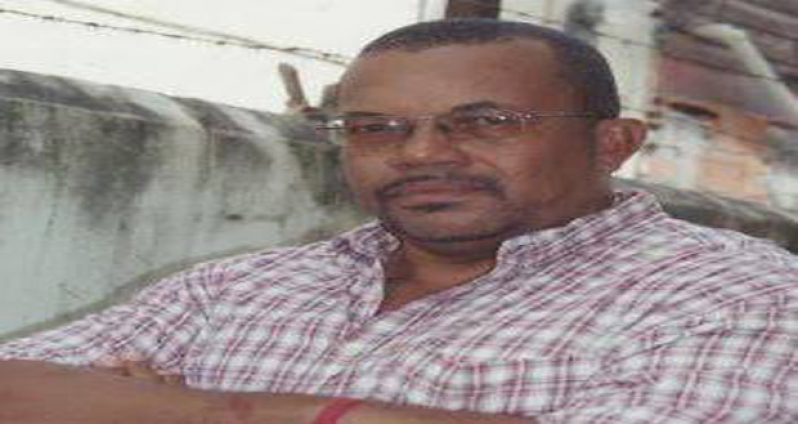AMID strong calls for the legalisation of marijuana here, the African Cultural and Development Association (ACDA) last Friday launched a countrywide campaign dubbed- Research Evocations on Social Conduct Urgencies (RESCU) aimed at sensitising youths about the harmful effects of drugs.RESCU Coordinator Barrington Braithwaite said that misinformation has led many to participate in, and embrace, drug abuse without reservations. “You’re being told marijuana is great…cocaine is recreational,” he posited. His team will visit communities and schools countrywide and assist the media in disseminating information about the use of drugs, the effects of which are, in many cases, lethal. Braithwaite has said that drug abuse contributes to the increase in crime, domestic violence and various societal problems, and people need to be informed. He cited an emergency need, but said Guyana has only two known drug rehabilitation centres, four psychologists, and “several hundred people who need rehabilitation”.
Voicing concern that drug addicts are sent to psychiatric wards and few magistrates confine them to rehabilitation centres, Brathwaite called on the judicial system to give “formal recognition” to the drive to stamp out drug use in Guyana, and assist in pushing for legislation in this regard. He named acting Chancellor of the Judiciary, Justice Carl Singh, the programme’s chief supporter, and said he opted to come on board on first contact. “He was the first authority to respond to us and say ‘yes, this is necessary’,” Braithwaite disclosed.
Clementine Marshall has said her heart goes out to drug abusers, since they by themselves are powerless against the substances. “If drugs were not that powerful, [users] would have been able to say they’re not using it again tomorrow; [and since] addiction is a sign of weakness, they need the strength.”
RESCU is that help they need, and since the project under the auspices of ACDA, does not alone have the capacity to “turnaround a hardened drug user”, it will strive “to put separation” between the persons not using drugs and the social ill.
Marshall added that RESCU is intended as an outreach social information entity, gathering information on topics that are “non-complicated” in nature but affect citizens, and are “receiving no proactive response from any source that can be considered more than mere superficial”. The topics selected must first be considered as affecting the current and future livelihoods of our young people, and through the domino effect, their parents and guardians, thus their communities, it was stated.
Meanwhile, also addressing the launch of the programme Coordinator of the Phoenix Recovery Project, Clarence Young, said: “I want to suggest that ‘yes’ we could probably legalise marijuana, [but] after reviewing the effects of alcohol and tobacco.”
Young said the authorities should choose wisely. Recent press reports have hinted that marijuana may possibly be legalised in Guyana, since the authorities had suggested that legislation surrounding its use may be reviewed. Prior to the APNU+AFC coalition assuming the reins of government, media sources had, in February, said the APNU had not “shut out the possibility of legalising marijuana”.
Young referred to a situation in which a young man in Guyana had tried using synthetic marijuana, popularly called ‘spice’, with extremely detrimental results. “He tried it, and four days after, he was taken off the life support machine and died.”
Young said that government instead needs to come up with an “effective and comprehensive plan to deal with the drug issue”. He said that many people are punishing because of drug abuse. “There is a popular saying that ‘junkies’ don’t die that easy, they punish…and we have enough people punishing in Guyana,” the man noted. Justice Singh has said that a partnership approach is needed to tackle the problem of substance abuse, which he opined has reached “chronic proportions”. In an invited comment, Justice Singh said that, from looking around and from information received from the press, one can conclude that the magnitude of the problem and its effects on the population call for urgent attention.




.png)









